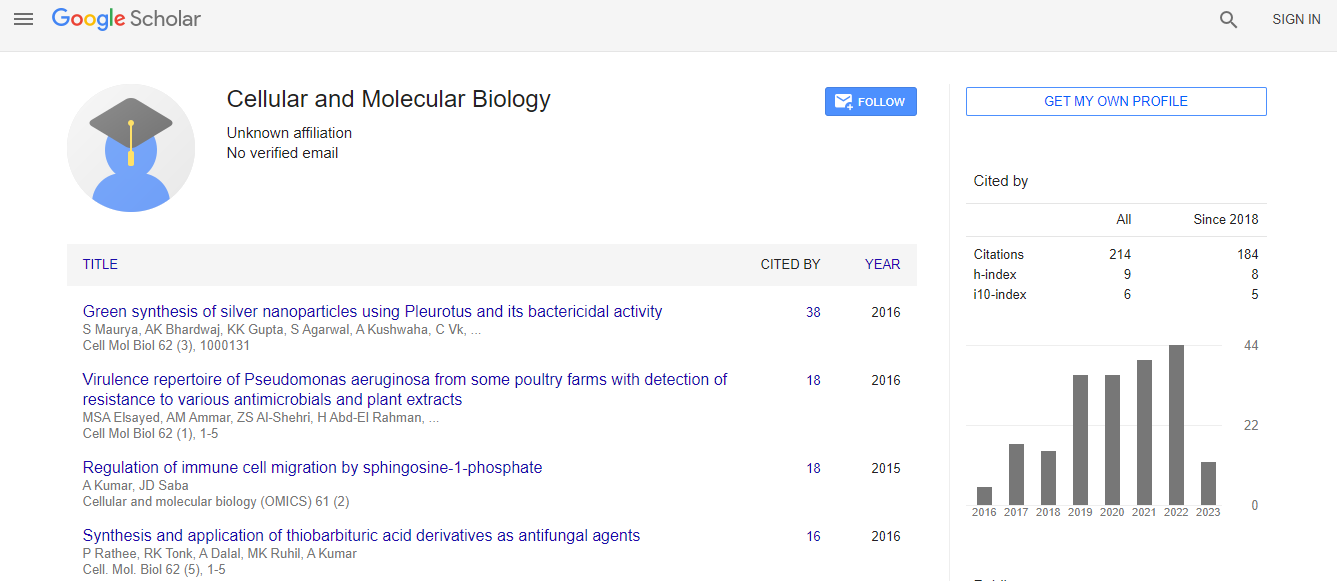Research Article
Microsomal Prostaglandin E Synthase-1 in Respiratory Diseases
*Corresponding Author:
Copyright: © 2015 . This is an open-access article distributed under the terms of the Creative Commons Attribution License, which permits unrestricted use, distribution, and reproduction in any medium, provided the original author and source are credited.
Abstract
Microsomal prostaglandin E synthase-1 [mPGES-1] is today a well recognized target for the development of nextgeneration anti-inflammatory drugs with improved selectivity and safety compared to nonsteroidal anti-inflammatory drugs [NSAIDs]. mPGES-1 is a terminal prostaglandin E2 [PGE2] synthase in the cyclooxygenase pathway. Among the three PGE synthases, namely cytosolic prostaglandin E synthase [cPGES], mPGES-1, and mPGES-2, mPGES-1 is the major isoform for producing PGE2 during inflammation. PGE2 is the major eicosanoid product of the respiratory system and is overproduced and secreted by the airway epithelium, smooth muscle, dendritic cells, macrophages, and fibroblasts in airway inflammatory diseases, including chronic obstructive pulmonary disease [COPD], acute lung inflammation, allergic asthma, and cancer. Recent studies using mPGES-1 knockout mice demonstrated that mPGES-1 contributes to the inflammatory PGE2 production involved in airway inflammation and respiratory regulation. In this review, we focus on mPGES-1 in respiratory diseases with the aim to cover the most recent advances in the understanding of mPGES-1 in airway inflammation, COPD, allergic airway diseases, respiratory response to hypoxia, and lung cancers.

 Spanish
Spanish  Chinese
Chinese  Russian
Russian  German
German  French
French  Japanese
Japanese  Portuguese
Portuguese  Hindi
Hindi 
